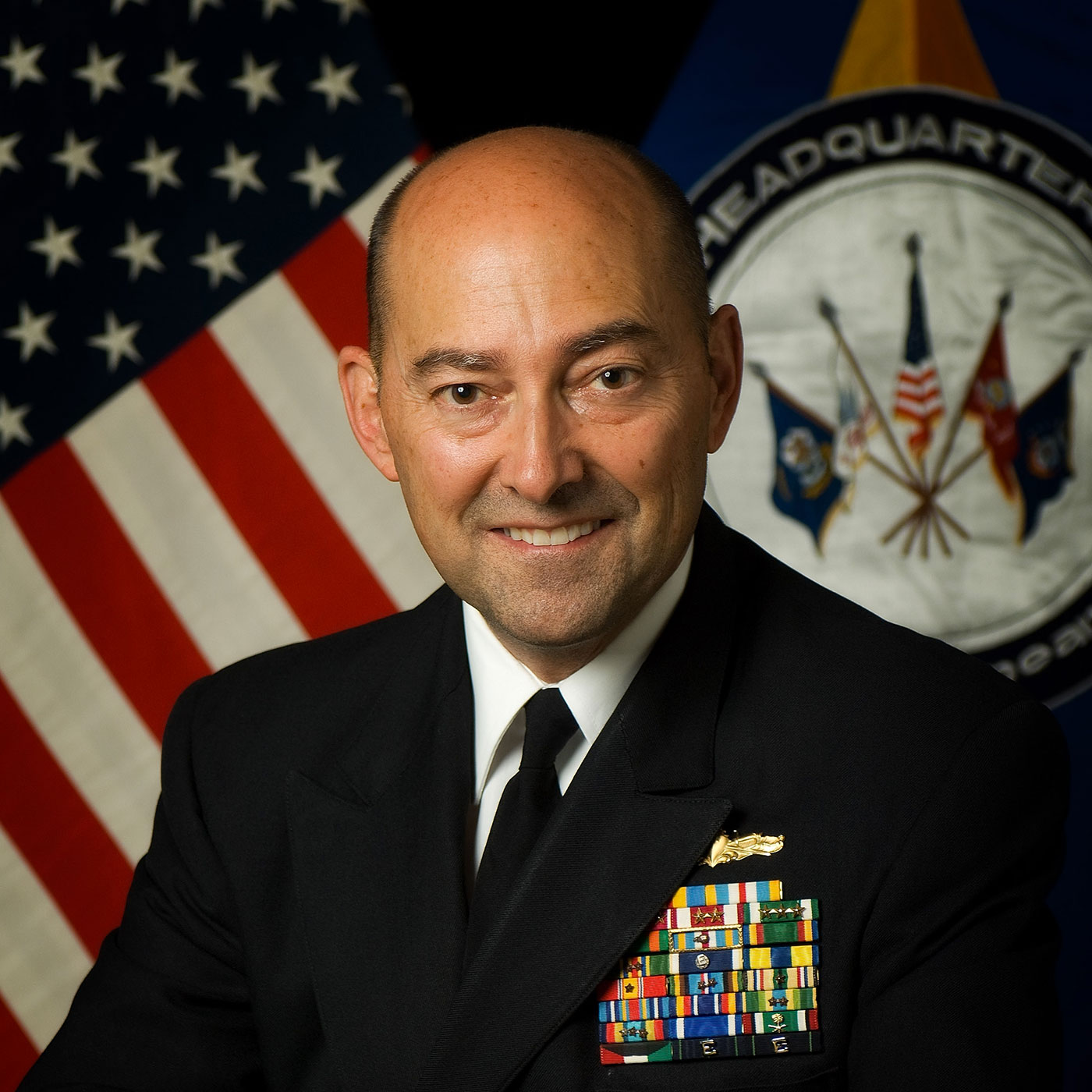
When I was a junior officer during the Cold War, the biggest
The first Reforger was held in 1969, and they ran annually through 1993, just after the collapse of the Warsaw Pact. Forces from every country in the alliance participated, although the bulk of them were American — drawn from the 400,000
At the time, only 16 countries were in
With the demise of the
The reason for the original Reforger exercises was simple: to create deterrence in the minds of the Soviets. The sight of 150,000-plus allied troops, hundreds of combat aircraft and dozens of warships helped keep
First is Moscow's two decades of territorial aggression — particularly the invasions of
A second reason for a new Reforger series is that Putin has turned his country into a war economy, devoting more than 7% of GDP to military spending (double the
Third,
A new Reforger series could take some lessons from its illustrious predecessors. It should include forces from each of the 32 allies, including contingents from even the smallest nations like
Like the previous iterations, it should not be simply practice or a tabletop drill, but a real-time manifestation of current war plans giving commanders at all levels real authority over their troops. A potential breakdown of responsibilities in command and control:
The
Above all, like its ancestor Reforger, the new exercise should focus on the swift flow of logistics. Smaller recent exercises have revealed infrastructure problems — particularly with highways, bridges and rail lines — that
Stavridis is dean emeritus of the
(COMMENT, BELOW)
Stavridis is a Bloomberg columnist. He is a retired U.S. Navy admiral and former supreme allied commander of NATO, and dean emeritus of the Fletcher School of Law and Diplomacy at Tufts University. He is also an operating executive consultant at the Carlyle Group and chairs the board of counselors at McLarty Associates.
Previously:
• 03/18/25 Ukraine needs US weapons but it needs intelligence more
• 02/14/25 Trump's 'Iron Dome' must succeed where Reagan's 'Star Wars' failed
• 09/13/24 Ignore Hamas' trendsetting warfare and risk the West
• 06/26/24 Here's how to stop the Houthi attacks at sea
• 05/15/24 Putin's next target may be the 'NATO lake'
• 04/09/24 Latest ISIS attacks show the war on jihad is heating up
• 02/21/24 Ukraine's military reset is doomed without more US aid
• 12/21/23 US-led Naval force might not end Houthi ship attacks
• 11/22/23 Send America's floating hospitals to Gaza
• 11/08/23 What the US should do about Iran
• 08/30/23 Haiti needs a new UN mission, this time led by the US
• 08/16/23 To stop Iran's threat to Gulf ships, send the Marines
• 07/28/23 NATO convoys can protect Ukraine's grain harvest from Putin
• 07/28/23 Sweden and Finland give NATO an Arctic opportunity
• 07/11/23 US military's recruiting woes are a national-security crisis
• 06/02/23 Ukraine war may become a proving ground for AI
• 05/16/23 Iran's tanker seizures may bring U.S. convoys back to the Gulf
• 05/08/23 Sudan rescue mission is helping the US Navy prepare for war
• 05/01/23 Ukraine is running out of ammo. So is the US
• 03/10/23 The US military must create a Cyber Force
• 12/07/23 Putin will carpet-bomb Ukraine unless the West acts
• 10/14/22 Putin's campaign of terror from the air is already failing
• 09/08/22 Iran reveals how its naval warfare is changing
• 08/02/22 US needs a global alliance against Russia's cyberattacks
• 06/28/22What to expect from NATO's new strategic concept
• 04/13/22 Nukes? Ukraine war's most potent weapon may be a cell phone
• 01/18/22 Russia is pushing Finland and Sweden toward NATO
• 10/20/21 What Colin Powell taught me about war and optimism
• 09/14/21 Why the U.S. Navy is hunting pirates off Africa
• 07/29/21 Cuba and how Biden can avoid another Mariel boatlift
• 07/01/21 Donald Rumsfeld never gave in
• 02/16/21 Keeping troops in Afghanistan makes America safer
• 08/19/20 Military reasons to celebrate the Israel-UAE deal
• 07/02/20 Taliban bounties would be a new low even for Putin
• 01/02/20 May the 'Space Force' be with you
• 08/02/19 What Iran will do next, and how to stop it
• 05/06/19 The 'Five Eyes' intelligence-sharing alliance should expand, starting with Israel and Japan
• 04/24/19 Sri Lanka attacks mark the birth of terrorism 3.0
• 01/14/19 Iran's tiny navy is trying to revive the Persian Empire
• 06/04/18 US was right to give China's navy the boot
• 06/04/18 Big winner of Colombia's election is the US
• 05/17/18 Great power politics is back as U.S. aims at Russia with resurrected Navy fleet
• 03/20/18 Fake advice for Putin's fake win


 Contact The Editor
Contact The Editor
 Articles By This Author
Articles By This Author